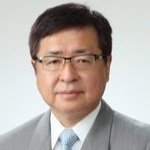Japan’s Role in Asian Regional Security
This event was recorded on February 24, 2023.
Highlights
About Ukraine: “The very big message that the Westerners showed in this fight is when the West is united … we can keep our liberal system and we can still maintain peace and stability on a global scale. Putin is a big loser. … He will be remembered like Hitler of the 21st century — he killed so many innocent civilians. He pushed away Finland and Sweden to NATO. The gas, oil market is shut against Russian gas and oil. … We have to end this war with the victory of Ukraine. And as President Biden said: We have to be there as far as it takes. When the two sides are exhausted, the stalemate will come in. When they can no longer fight, this is the end of the war. But until that moment, we have to help them.”
About China: “China is rising. We thought they were ok.” After China deployed tanks against peaceful protesters in Beijing in 1989, “only Japan stood by them. We said: If we put sanctions on China, they will go back to Mao’s time. We have to help Deng Xiaoping. He is struggling to open up China. After 30 years, we thought China would be like us one day. But the determination of the Communist leadership was different. They needed our money, our technology to keep the Communist dictatorship in power. We believed they would become like us after this really nationalist phase. They would soften up. This did not happen. Unfortunately Xi Jinping is the Red Guard generation. … For him, the world is a jungle of the 19th century. Xi Jinping is very old-fashioned. And we have to face him for some time. How to engage China? I believe we can do that. The integrated deterrence proposed by President Biden is the right approach; this is very similar to our approach. … As long as the West is united, not only in economic power but comprehensive power – military, technology, values, narratives — the West is far stronger than China.”
About Taiwan: “What we agreed with China in 1972 is this: there is only one China. …But we never agreed that Beijing could conquer Taipei by force. … If Taiwan goes to Beijing peacefully, we don’t complain. Maybe that will be the day when China is a democracy. The DDP can have a seat in China’s congress. But until that moment we cannot agree they can take over Taiwan by force. … China can be persuaded only when they calculate many things: money, business, post-war economic sanctions by the West, the possibility of victory. We have to make their calculations clear: they can’t win. They can very well start a war but they can never win. We don’t agree with the independence of Taiwan. We are sympathetic with their passion for self-determination. But simply it’s too risky. It could invite war.”
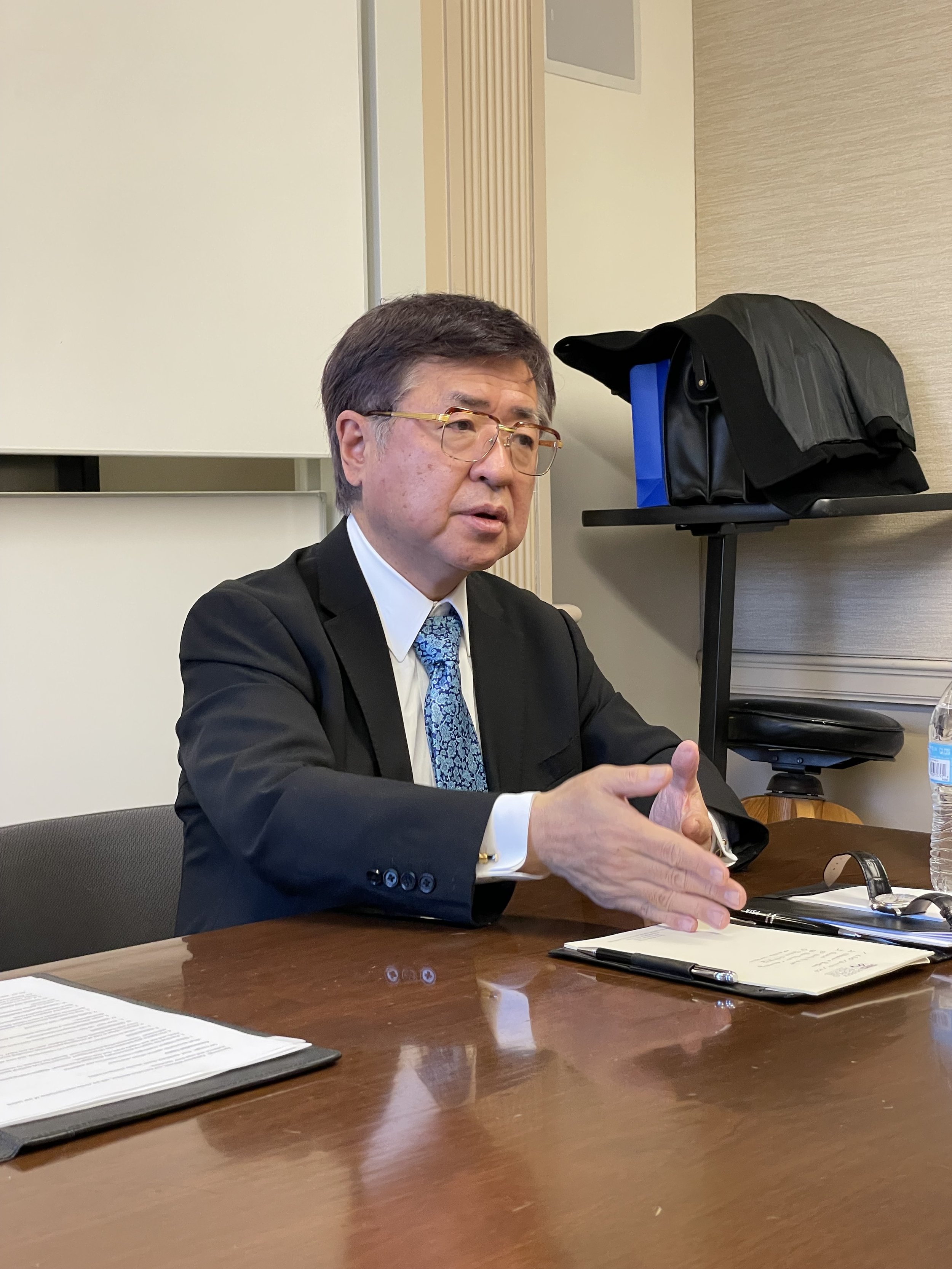
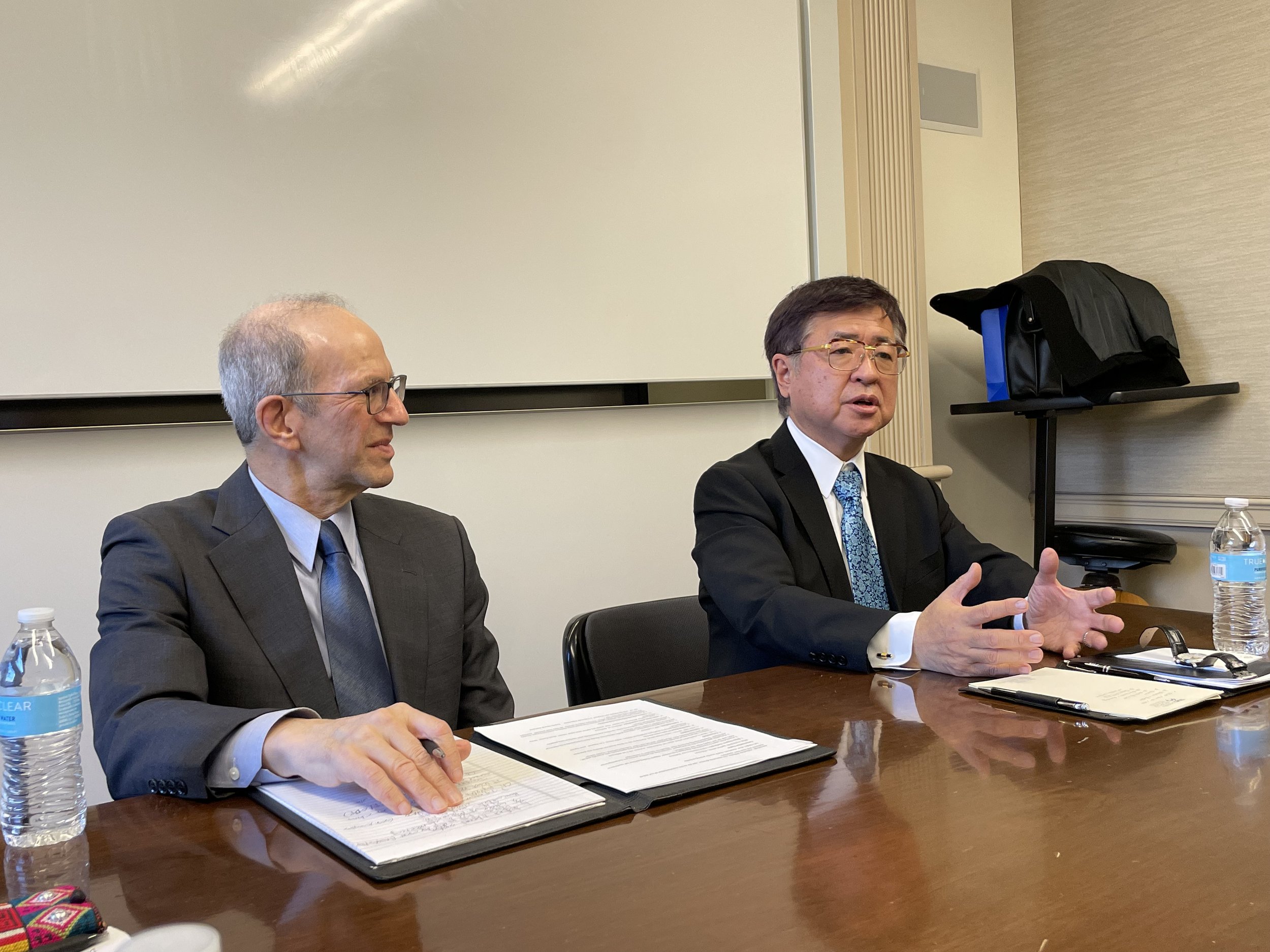
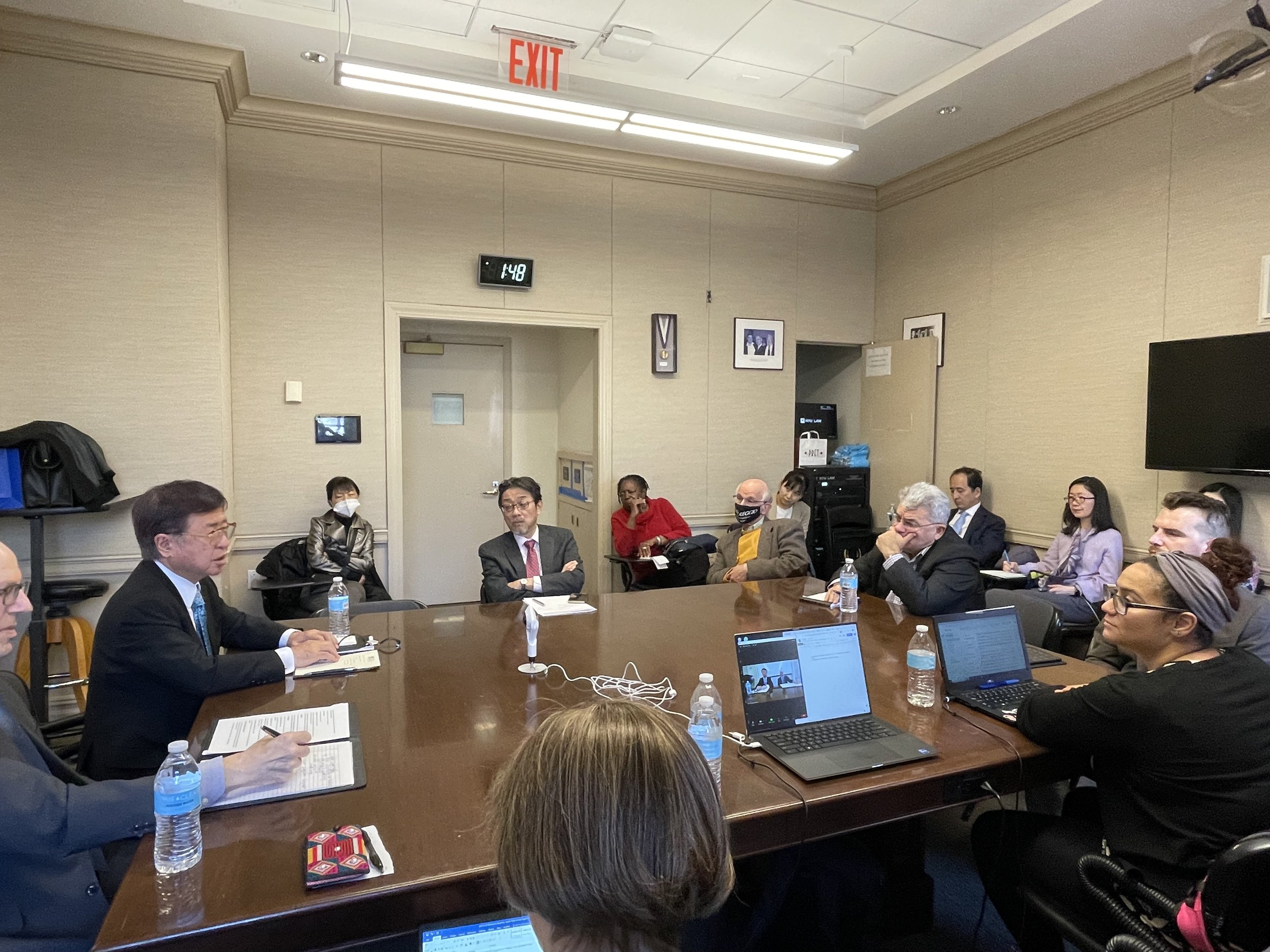
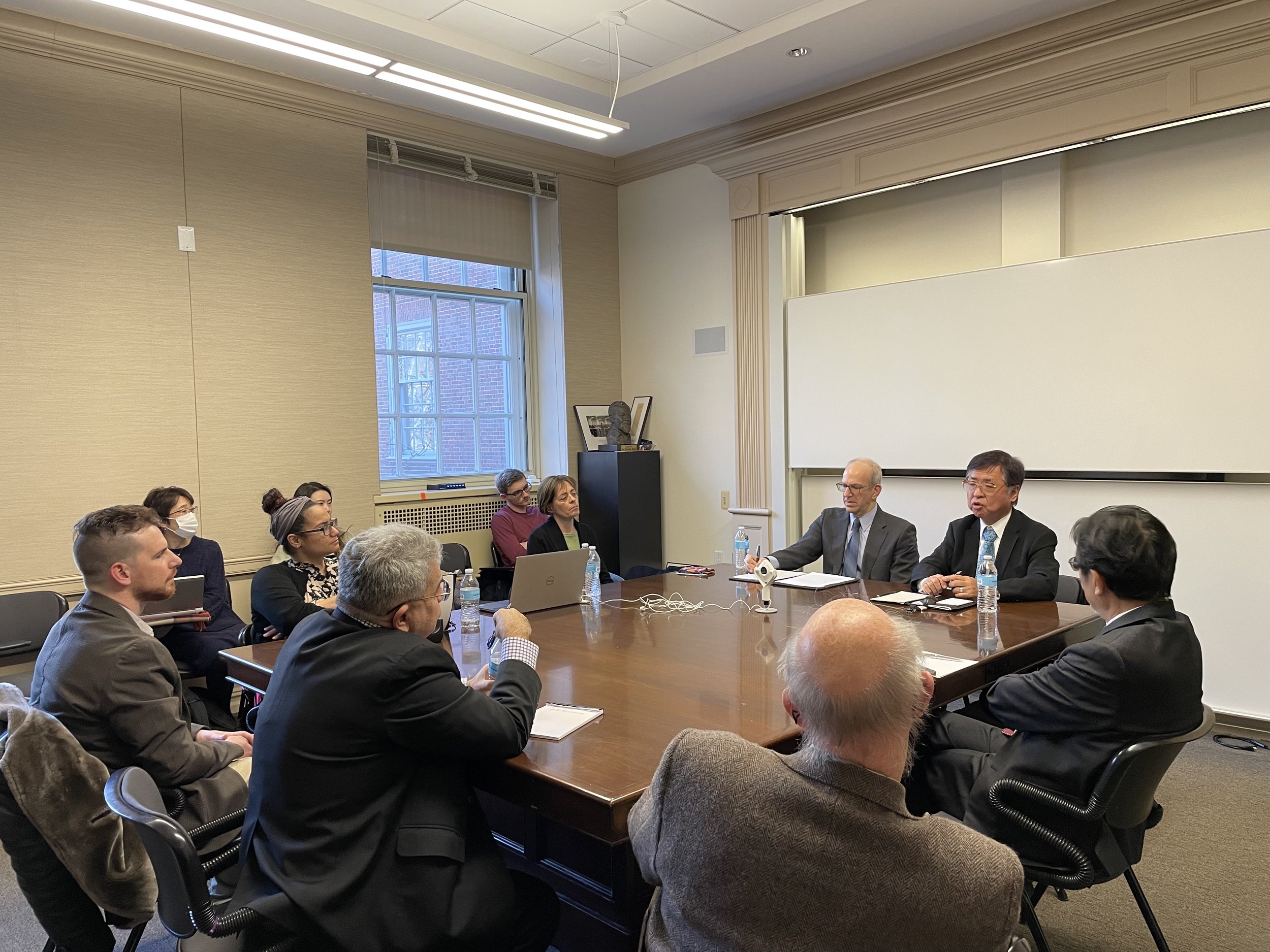
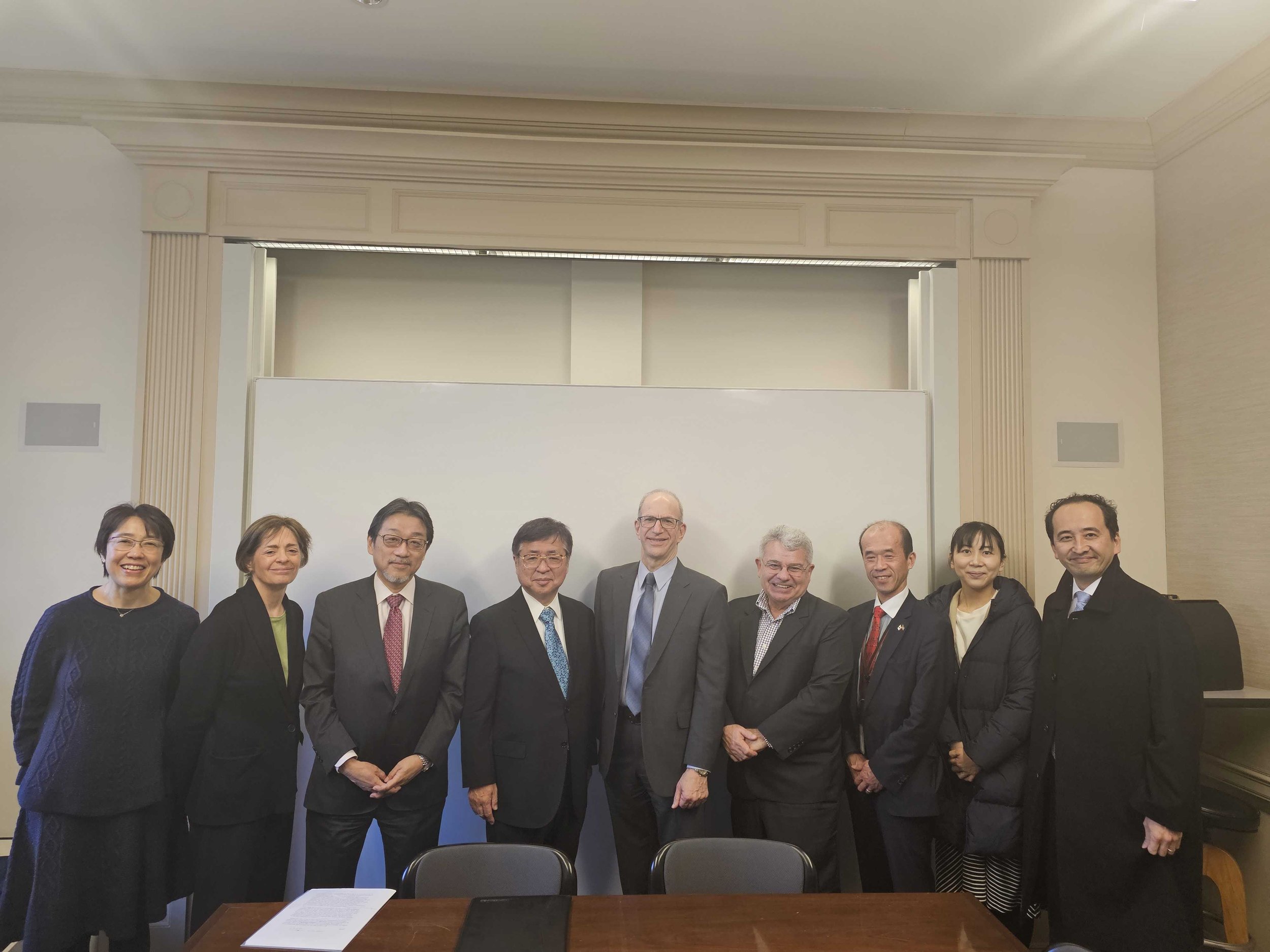
About the event
Since Russia’s invasion of Ukraine one year ago, Japan has begun significantly upgrading its national security posture. It announced plans to double defense-related expenditures to equal 2 percent of GDP in five years and updated three of its key national security documents. Meanwhile, Japan and the US have strengthened their alliance through a Biden-Kishida summit at the White House and a series of meetings between their top economic policy and security/defense teams. What is Japan’s goal, and what other steps may be necessary to harden the resilience of its supply chains for goods, energy, and food? Professor Kanehara of Doshisha University, who helped formulate security policy while serving as assistant chief cabinet secretary to Prime Minister Shinzo Abe from 2012 to 2019, will discuss the role Japan should play in the alliance with the US and share his comprehensive view of security from a geopolitical perspective.
About the speaker
Nobokatsu Kanehara
Nobukatsu Kanehara is a professor in Doshisha University's Department of Political Science. He served as assistant chief cabinet secretary to Japan’s Prime Minister Shinzo Abe from 2012 to 2019. In 2013, Kanehara became the inaugural deputy secretary-general of the National Security Secretariat and held the post until he retired from government service in 2019. He also served as deputy director of the Cabinet Intelligence and Research Office. Kanehara’s role in the Cabinet built on a distinguished career at the Ministry of Foreign Affairs, where he served in many notable positions, including as director-general of the Bureau of International Law, deputy director-general of the Foreign Policy Bureau, and ambassador-in-charge of the United Nations and human rights. In addition, Kanehara served abroad as deputy chief of mission in Seoul, Republic of Korea, and political minister at the Embassy of Japan in Washington. He was decorated by the president of France with l’Ordre de la Légion d’Honneur.
About the moderator
Bruce Aronson
Bruce Aronson is senior advisor to the Japan Center of the U.S.-Asia Law Institute and an adjunct professor at NYU School of Law. He has been a tenured professor of law at universities in the United States (Creighton University) and Japan (Hitotsubashi University in Tokyo). Before beginning his academic career, he was a corporate partner at the law firm of Hughes Hubbard & Reed LLP in New York. He also served as an independent director at Eisai Co., Ltd., a listed Japanese pharmaceutical company. Professor Aronson twice received Fulbright grants to be a senior research scholar at the University of Tokyo and at Waseda University, and was a visiting scholar at the Bank of Japan. His main area of research is comparative corporate governance with a focus on Japan and Asia. Publications include a textbook, Corporate Governance in Asia: A Comparative Approach (with J. Kim, Cambridge University Press, 2019).

